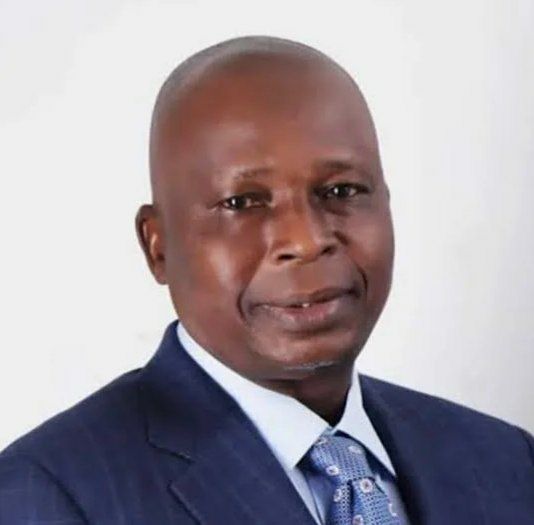The Federal Government, state governors, and local government chairpersons have taken a significant step towards the full implementation of local government autonomy with the signing of a technical agreement aimed at empowering local governments across Nigeria.
This agreement, finalised during a meeting of the Committee on Local Government Autonomy, is expected to be submitted to President Bola Tinubu for approval later this month.
The news was confirmed on Tuesday, November 12, by Hakeem Ambali, the National President of the National Union of Local Government Employees (NULGE), in an exclusive interview with our correspondent.
Ambali revealed that the document outlining the plan for autonomy had been signed and is now set for transmission to the President by the end of November, signaling a crucial milestone in the fight for local government independence in the country.
The latest development comes after a series of legal battles between the Federal Government and state governors over the control of funds allocated to local government areas (LGAs).
In May 2024, the Federal Government, through the Attorney-General of the Federation (AGF), Lateef Fagbemi, filed a lawsuit challenging the authority of governors to withhold federal allocations meant for local governments and dissolve democratically elected councils to appoint caretaker committees.
In a landmark ruling on July 11, 2024, the Supreme Court of Nigeria ruled in favor of financial autonomy for the 774 local governments in the country, affirming that governors no longer have the legal right to manage or withhold funds allocated to LGAs.
The Court also directed the Accountant-General of the Federation to ensure that local government allocations are paid directly into their accounts, marking a significant blow to the practice of state governments withholding such funds.
As part of the implementation process, the Federal Government set up an inter-ministerial committee in August 2024, tasked with overseeing the application of the Supreme Court’s ruling.
The committee, which includes key figures such as the Minister of Finance, Wale Edun; the Minister of Justice, Lateef Fagbemi; and representatives from the Central Bank of Nigeria, state governors, and the local governments, has worked to finalize the technical details of the autonomy framework.
Ambali expressed optimism about the pace of the implementation, noting that local governments are expected to start receiving their allocations directly from the Federation Accounts Allocation Committee (FAAC) by the end of November. He also assured that the President was eager to review and act on the document.
Meanwhile, concerns have emerged regarding the financial capacity of local governments to meet the newly approved N70,000 minimum wage for primary school teachers, a key issue raised by the National Union of Teachers (NUT).
The union has voiced doubts over the ability of LGAs to pay the new wage, citing the historical failure of some local governments to implement the previous N30,000 minimum wage.
Reports indicate that in several states, including Nasarawa, Enugu, Zamfara, and Kogi, local government workers have continued to earn as little as N18,000, the minimum wage established in 2011, despite federal efforts to increase the wage at the state and national levels.
In Enugu State, for example, while state workers benefitted from the N30,000 minimum wage, local government employees were excluded from the arrangement.
The NUT’s General Secretary, Dr. Mike Ene, emphasized the need for uniformity in wage implementation, pointing out that some governors had resisted paying the minimum wage to local government workers, arguing that local councils were responsible for their employees.
However, Ambali reassured that with the forthcoming autonomy, local governments would have the financial independence needed to implement the minimum wage.
“The autonomy will allow local governments to negotiate and implement salaries independently,” Ambali explained.
“The new minimum wage will be fully paid to all local government workers when autonomy is fully in place. The National Labour Congress (NLC) has given a December deadline for all states to comply, and with the autonomy now on track, this issue will be resolved.”
As the deadline approaches, tensions continue to build, with the NLC threatening to take action if state governments fail to honor the minimum wage agreement by December.
However, the anticipated implementation of local government autonomy is expected to resolve many of these challenges and provide local governments with the financial and administrative independence they need to function effectively.
In conclusion, the signing of the technical document represents a critical turning point in Nigeria’s ongoing journey towards decentralizing power and resources to local governments.
With the expected transmission of the document to President Tinubu, local governments may soon begin operating with the autonomy they have long sought, while workers and teachers in these councils eagerly await the full implementation of wage agreements.

